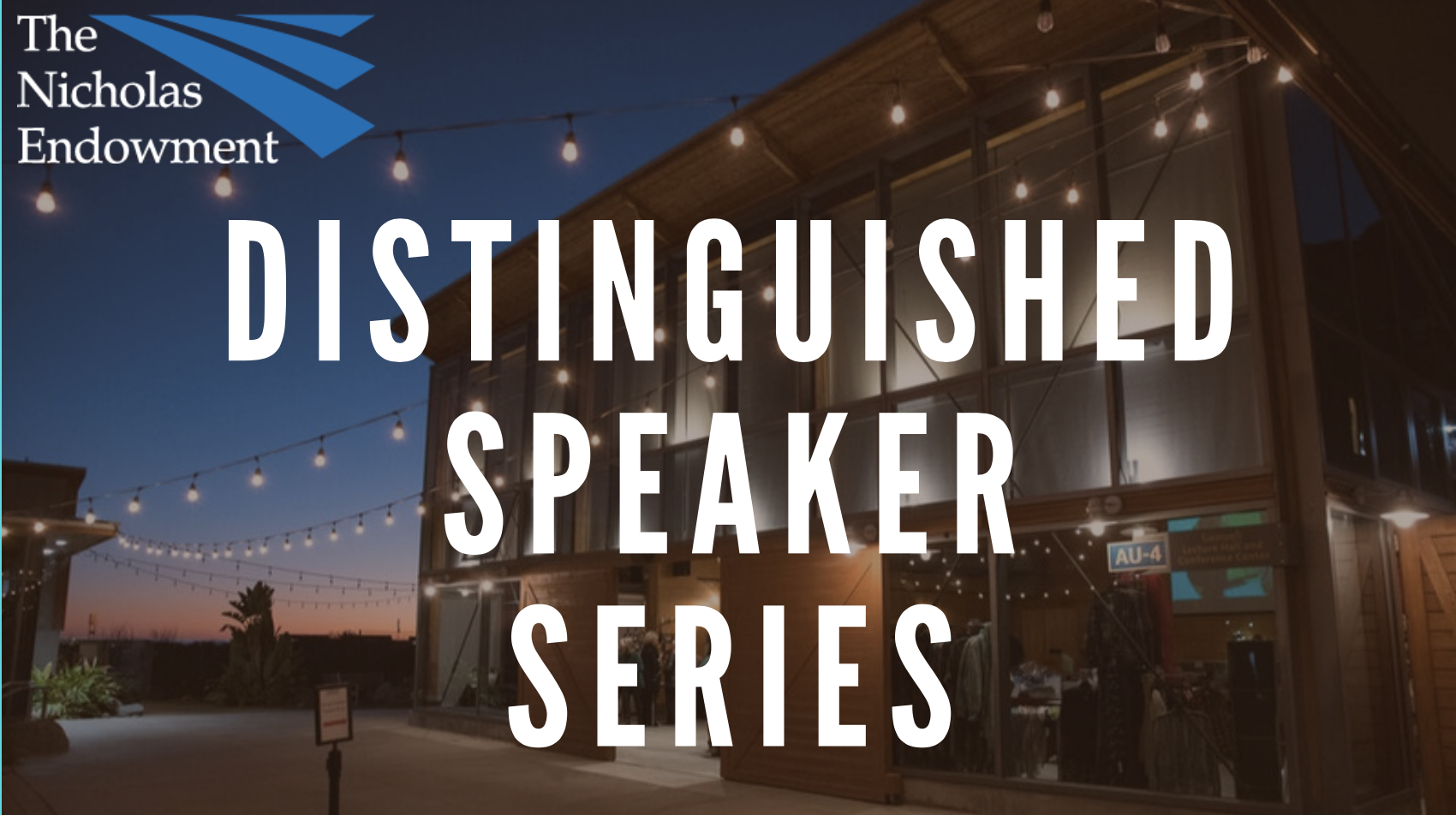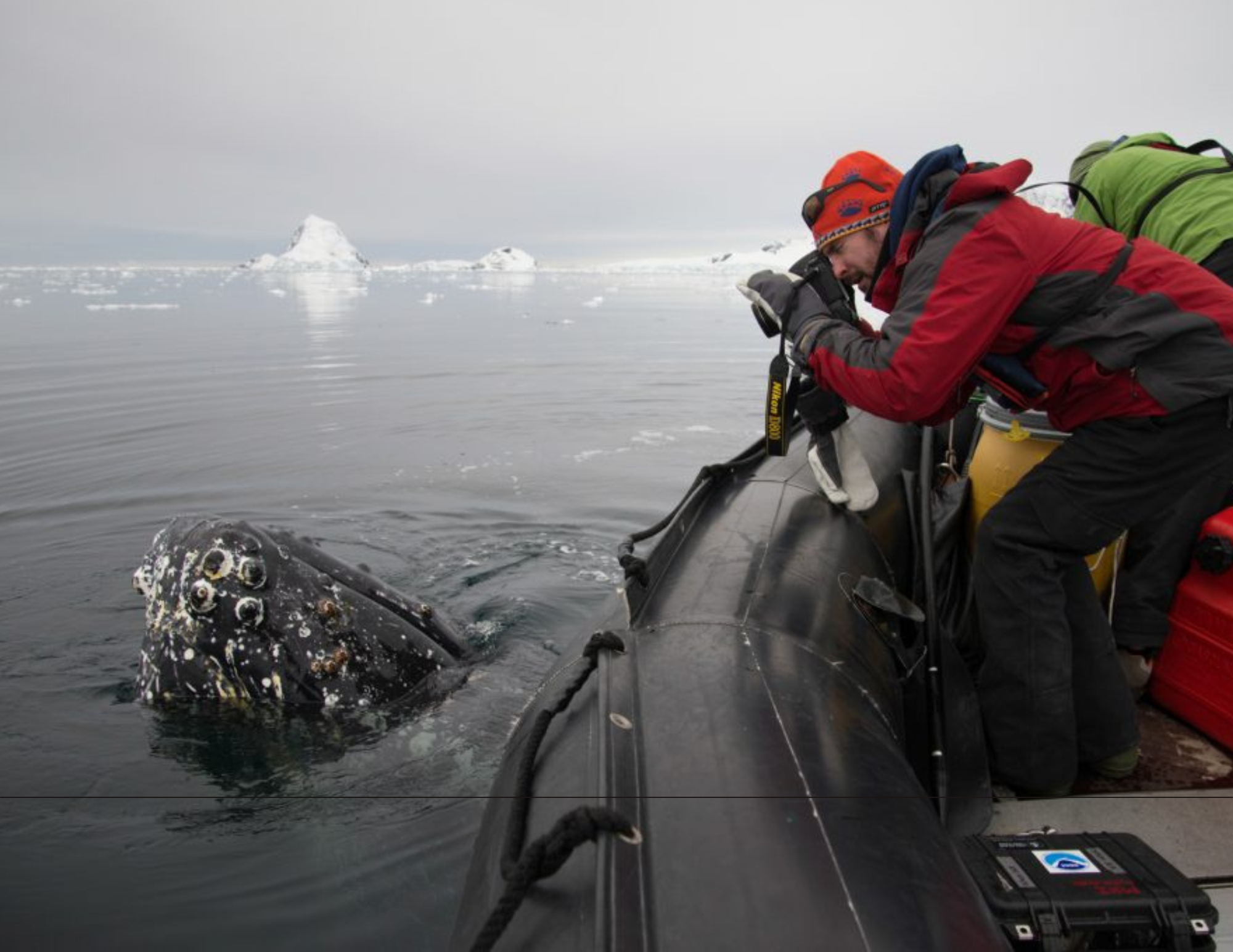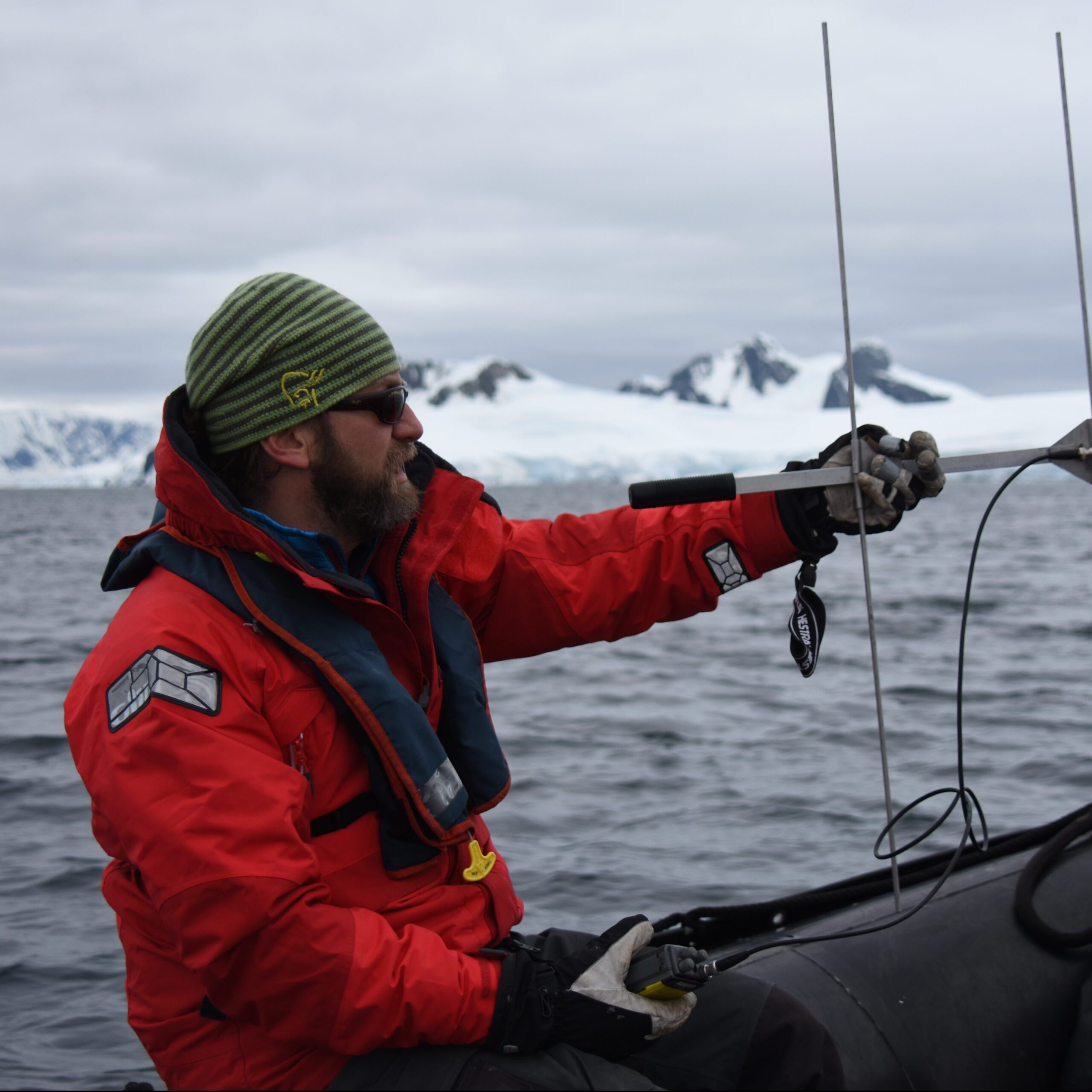Public Visitation
Hours Today: Open 10:00am - 3:00pmLaurena G. Chambers Gift Shop
Hours Today: Open 9:30am - 3:00pm
- This event has passed.
Distinguished Speaker Series: Dr. Ari Friedlaender
February 1, 2023 @ 6:00 pm - 8:00 pm

The Ocean Institute’s Distinguished Speaker Series, presented by the Nicholas Endowment, brings interesting innovations, real-world research, exotic experiences, and delightful discoveries to the surface through powerful presentations from an ocean of experts. Speakers present on a variety of topics ranging from ocean researchers, ocean authors, ocean artists, and ocean athletes.
Light snacks & Refreshments available for purchase at event.
Distinguished Speaker: Ari Friedlaender
Protecting Whale Super-highways, Blue Corridors, and Whale Habitats from Human Impacts
Description:
As we learn more about the needs and behavior of whales around the world we are confronted with the reality that their habitats are inextricably linked with areas of human activity in the ocean. Whereas once we thought that the breeding and feeding grounds for whales were the only critical areas that needed protection we now know that the routes these great whales take across ocean basins and along coasts are just as important and may even represent areas that require significantly more protection as they are often out of sight and cross international boundaries. In this lecture Dr. Friedlaender will discuss the Blue Corridors initiative in partnership with the World Wildlife Fund to better understand and protect whales from human activities around the world. This effort, based on more than 30 years of data from more than 100 scientists represents the most comprehensive look at the migratory routes of whales and how they overlap with harmful human activities.
Wednesday, February 1st
6:00pm – 8:00pm
Doors open at 5:30pm, talk begins at 6:00pm
$10 – General
FREE – Members
FREE – Students (with Valid ID)

See more images on his Instagram (@friedlaender_lab)
Click here: https://www.instagram.com/friedlaender_lab/
About Dr. Friedlaender:
Ari is an ecologist with a primary interest in understanding the relationship between the foraging behavior of marine mammals and their prey. He works on a wide range of marine mammal species including baleen and toothed whales and dolphins across a range of geographic regions. Ari has long-term ecological research projects ongoing in Alaska, California, Massachusetts, North Carolina, and Antarctica. He has helped in the development of tag technology and analytical and visualization tools to better understand the underwater movements and behaviors of marine mammals.
For his dissertation research, Ari used geospatial tools to quantify how the distribution of cetaceans related to environmental variables in Antarctica. Ari’s lab focuses on developing new telemetry applications to elucidate the underwater behavior of marine mammals. In Antarctica, Ari is part of the Long-Term Ecological Research program at Palmer Station to better understand the ecological roles of cetaceans in a rapidly changing environment. In Alaska and Massachusetts, Ari’s research focuses on variability in the foraging strategies of humpback whales in relation to changes in their prey. In California, Ari is part of the SoCal Behavioral Response Study to understand the impacts of anthropogenic sound on a variety of cetacean species. Along with this research, Ari is an active member of the Society for Marine Mammalogy, acting as an associate editor for Marine Mammal Science and serving on the Conservation Committee. Ari is also a principal investigator in the Southern Ocean Research Partnership to conduct non-lethal research on cetaceans in the Southern Ocean.


https://www.instagram.com/friedlaender_lab/
Website:
Friedlaender Lab

